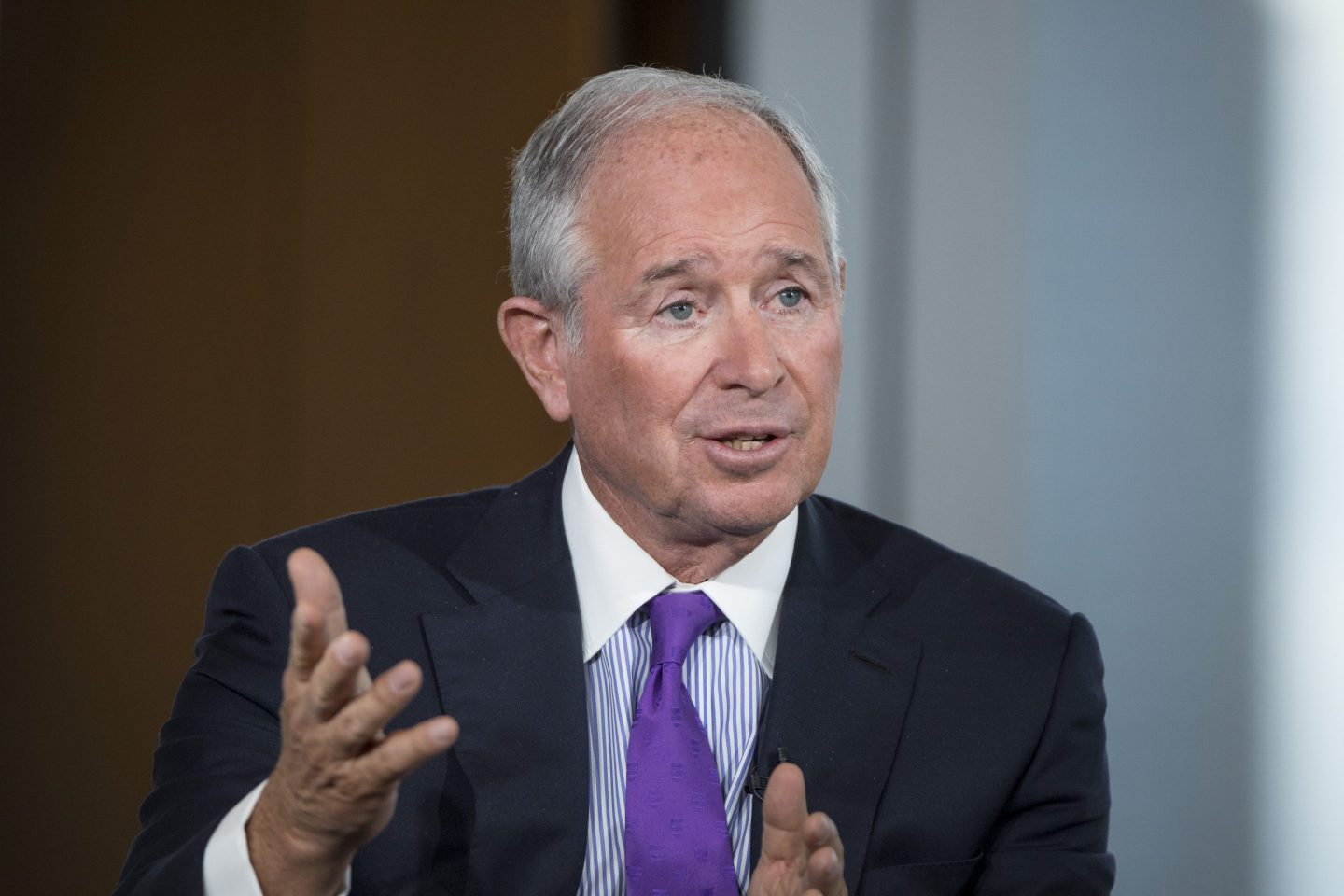Whether you like it or not—whether they like it or not—corporate directors are seizing control at major companies. Which raises an important question: Are they ready for the job?
The latest reminder is a Wall Street Journal report that federal bank regulators are grilling individual directors of major Wall Street firms, sometimes monthly, as well as sitting in on board meetings and even instructing boards to add members with specific qualifications. It’s happening at the biggest firms—JPMorgan Chase, Bank of America, Goldman Sachs—and at smaller banks. While regulators have met with bank boards for years, the current intensity of oversight is unprecedented.
Not so long ago, it would have been unimaginable. Few directors possessed the competence or the information to conduct meetings with regulators in the absence of managers. Now they’re being pressed for detailed information on such issues as how a bank is managing its financial risks, which can be extremely complex. Under Dodd-Frank and Sarbanes-Oxley, regulators wield impressive power over a bank’s fortunes, so the directors had better be prepared with good answers.
The larger trend is that many strong forces are pushing directors of all companies to assume more authority. In addition to stricter regulation worldwide, think of cyber-attacks, dramatic disruption of business models, the experience of the financial crisis, activist investors—all threaten the foundation of a company’s competitiveness. When threats are so dire, directors rightly feel they must involve themselves.
The problem is that by the nature of their role—typically meeting six to ten times a year—they can’t manage the company, and in any case they often aren’t qualified to oversee operations in much detail. Tougher regulations mandate that nearly all directors be independent, not working for the company or suppliers, among other forbidden affiliations. As a result, many directors possess no deep understanding of the business. How could they? Independence sounds great, but there’s a theory that if more bank directors had known the banking industry, maybe the financial crisis wouldn’t have been quite so bad.
And even when directors are knowledgeable and the board is well organized, they can’t be sure they’re getting the information they need. Why didn’t the Risk Policy Committee of J.P. Morgan Chase’s board realize in 2012 that an employee named Bruno Iksil, a.k.a. the London Whale, was placing huge bets that eventually cost the company $6.2 billion? Because even though the bank had an elaborate risk management system, reports of those bets never rose all the way up to the committee. The directors didn’t know what they didn’t know. More broadly, directors can never know as much as the managers they’re supposed to be overseeing.
So directors are being squeezed in a vice: In a faster changing, riskier world, they may feel compelled to grab control and shove the CEO aside (or regulations may require them to do so), yet the nature of their position means that many of them can never be fully qualified to do that.
Despite the increasing pressures and time requirements, plenty of people still want to serve as corporate directors. Whether they’re actually up to the job will increasingly differentiate winning companies from losers.
[fortune-brightcove videoid=4097735665001]













